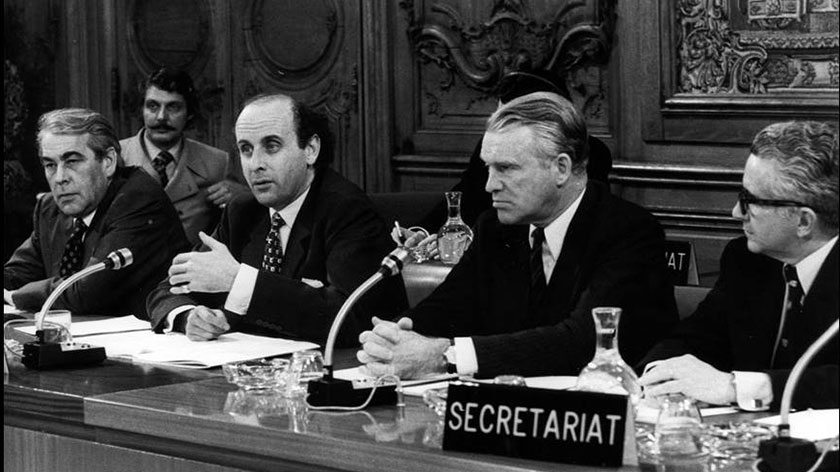Completed research project
This DFG-funded research project scrutinises the relevance of international organisations for national policy-making since the 1970s, using the example of energy policy. The historical and political science literature has registered a considerable quantitative increase in international organisations for this period. The research that takes an international perspective infers from this fact a growing influence of these organisations on their member states. In contrast to this, the literature that looks at certain policy fields from a national perspective has ignored international effects. On the basis of this striking discrepancy, the project enquires as to if and how the way of governing changed after the 1970s as a result of the increase in international organisations.
At the heart of the project is the International Energy Agency (IEA), which was founded in 1974 as a reaction of the Western industrialised countries to the oil crisis. The project was able to evaluate the archival material of its first executive director Ulf Lantzke and of the IEA itself for the first time. Based on this international material and sources from national archives, the project analyses how the common work in the IEA functioned. In a second step, the project asks how the IEA tried to ensure the compliance of the member states with its policy guidelines. The main tool for this was the regular peer-review of its members’ energy policy. By means of a comparison of two of its main member states, Great Britain and West Germany, the project tries to evaluate in what way the common views and transferred ideas, harmonised by discussions and procedures in the IEA, could influence a policy field dominated by national economic interests.

